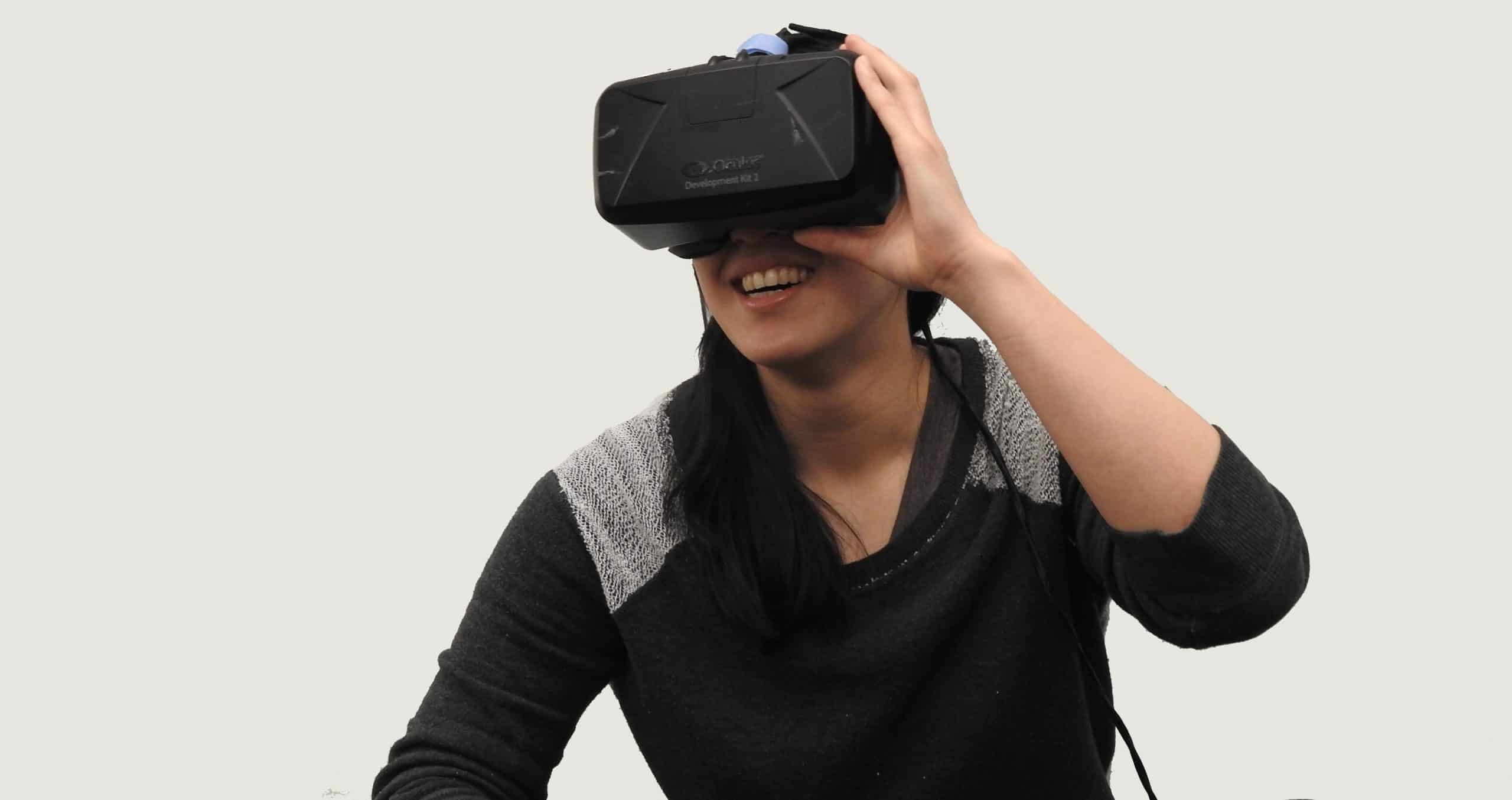
Can VR transform the treatment of mental health?
Virtual reality (VR) has certainly been the tech du jour in the gaming industry over the past year. Oculus Rift, HTC Vive, Samsung Gear, the list of headsets goes on. 2016 saw the technology truly take off as a torrent of devices and content exploded into the mainstream consumer market. However, the uses of the technology don’t just stop at gaming and entertainment, VR could revolutionise the way we treat mental health problems.
This week has been Mental Health Awareness Week – a national campaign that aims to raise awareness and shed the stigma associated with mental illness. Chances are someone you encounter today, a friend, a colleague or even someone you sat next to on the tube this morning is currently suffering from a mental health issue. In fact, according to mental health charity Mind, one in four people in the UK will experience a psychological problem this year.
Up until relatively recently, it seemed talking about mental health was a taboo. ‘The invisible illness’ is hard to spot and sufferers are often stereotyped which has made it harder for them to seek help. However, in recent years significant progress has been made to challenge misconceptions and increase awareness, and mental health is no longer shrouded in the hush it once was.
With this increased awareness comes a stronger push for new treatments. This is where VR comes in. But what exactly can the technology offer? VR can be used to simulate scenarios where psychological difficulties can arise, making it a powerful tool for psychiatrists. Rather than recreating real situations out in the field, which can be extremely challenging, psychologists can deliver treatment and consultation in a safe and controlled environment.
There is growing evidence to suggest that VR therapy can be used to treat or assess a number of mental health problems including PTSD, addiction, phobias and anxiety disorders. In nearly 300 independent studies VR has been proven as a promising alternative to conventional therapy treatments.
A recent study conducted by psychiatrists at the University of Oxford and NHS researchers found that VR helped treat those with severe paranoia. The technology allowed patients to experience simulations of situations that they might find unnerving, such as a crowded street or public transport, so they can learn coping mechanisms or build skills to manage their anxiety. In the case of eating disorders, VR applications could potentially be used to treat body image disturbance, an often difficult and complex concept to address in psychotherapy.
Cases of PTSD have also been treated by VR with the technology being used to recreate frightening or distressing events such as a natural disaster, a serious car accident, a violent assault or even a terrorist attack. One example which has already proven successful is Bravemind. Created by award winning clinical psychologist Dr Skip Rizzo at the University of Southern California, the technology is already treating soldiers with PTSD who have not benefited from traditional therapy. With VR, soldiers can repeatedly experience their traumatic memories, through a computer-generated imagery including smells, vibrations and sounds, and be taught to overcome their difficulties.
Saying this, it’s still early days for VR and the world of mental health. In the past 12 months more affordable systems have been introduced to the market yet VR hardware remains costly. More clinical trials will also be needed in order for VR to become accepted in the treatment of mental health, but one thing’s for sure, virtual reality is now a lot more than just playing games!





